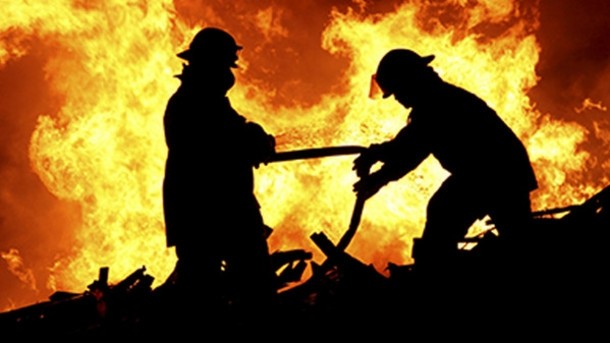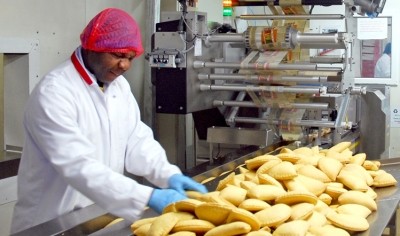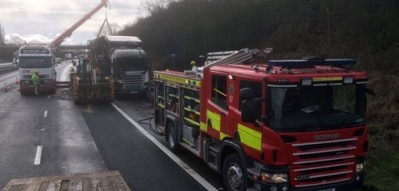Food factory fire risk: urgent action needed

Firms that demonstrate they have taken “all conceivable steps to implement a loss prevention and business recovery programme” based on the requirements, were likely to be looked on more favourably in the event of a claim, said Garry Moseley, group leader of Arthur J Gallagher’s specialist Food and Drink Practice.
Moseley stressed that effective fire prevention was not only an “intrinsically important management issue but also a critical one for firms to demonstrate to insurance companies”.
In its ‘Food for Thought’ white paper, the FPA highlighted 14 core areas where companies could take action to prevent fires.
Strict smoking policies
These included: protection against arson; strict control of hot work permits; regular maintenance of electrical and lighting systems; effective waste management; heightened premises security; and the adoption of strict smoking policies.
Howard Passey, principal consultant at the FPA, said his organisation had been working closely with the insurance industry and food manufacturers for a number of years.
“Our experience has shown that through taking action in key areas, the risk of fire can be reduced. We would always recommend seeking advice from your insurer and a fire safety expert before acting,” he said.
Fire safety legislation that came into being in October 2006 for England and Wales firmly placed the onus on employers to be compliant with the Regulatory Reform (Fire Safety) Order 2005.
Moseley said identifying and analysing conditions that could result in property damage was a key area where employers could help themselves.
‘Fire spread potential’
“Assessing the fire initiation and fire spread potential are crucial areas for organisations, as well as ensuring safety and control devices and equipment are maintained and operating procedures installed,” he said.
“Communication failure, loss of administrative function, the costs of rebuild, and the time it will take to build the business back up, are all key considerations that should be included in a company’s action plan.
“There are so many different elements that should be included in a loss prevention and business recovery programme, and proving that all these have been actively considered will carry a positive significance for an underwriter assessing fire risk in your company.”
Download the FPA Food For Thought White Paper here.
Meanwhile, last week two engineers were hospitalised, after suffering smoke inhalation, during a fire at 2 Sisters’ Fox’s Biscuits factory in Uttoxeter, Staffordshire.















